The Evolution of Digital Marketing: Strategies for the modern age As technology advances and the world becomes more interconnected, marketing has undergone a massive transformation. The rise of Digital Marketing has paved the way for a new era of marketing tactics, allowing businesses to reach their customers more effectively than ever before. In this blog post, we will explore the evolution of digital marketing, from its humble beginnings to the innovative strategies used today.
Join us on this exciting journey to discover Digital Marketing Agency India
The Emergence of Digital Marketing in Modern Age
The concept of digital marketing can be traced back to the 1980s when the first personal computers and email services were introduced. However, it wasn’t until the 1990s that digital marketing gained momentum with the advent of the World Wide Web. Marketers quickly realized the potential of the internet as a platform to reach a wider audience, and the first banner ads were born.
Fast forward to the early 2000s, and Google had revolutionized the way we search for information online with its search engine. This led to the development of search engine optimization (SEO) as a way to improve website rankings and increase visibility. Businesses began to use SEO tactics to improve their online presence, and the race to the top of the search engine rankings began.
Additionally, social media emerged as a new channel for businesses to connect with their audiences. Platforms like Facebook, Twitter, and LinkedIn quickly became popular, and marketers began to use them to create brand awareness, drive traffic, and engage with customers.
The Rise of Mobile Marketing Strategies for the Modern Age
With the advent of smartphones and mobile App marketing once again underwent a transformation. Mobile marketing became a new frontier for businesses to reach their customers, with mobile apps, push notifications, and SMS marketing all becoming common tactics.
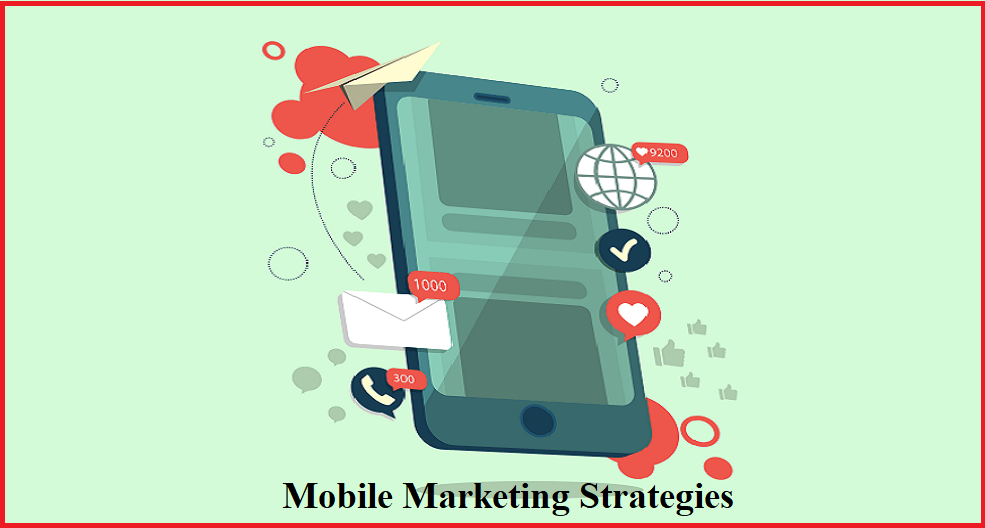
Mobile optimization also became a critical factor in digital marketing strategies, with businesses needing to ensure their websites were mobile-friendly to avoid losing customers. As mobile devices became more prevalent, mobile marketing became a necessity for businesses to stay competitive.
The rise of mobile devices also led to the development of location-based marketing, where businesses could use a customer’s location to send targeted messages and promotions. This tactic proved to be highly effective, with customers responding positively to personalized messages that were relevant to their current location.
The Age of Artificial Intelligence
In recent years, artificial intelligence (AI) has emerged as a game-changing technology in evolution of digital marketing. With AI, businesses can now analyze vast amounts of data to gain insights into customer behavior, preferences, and buying patterns. This data can then be used to create highly personalized marketing campaigns that resonate with individual customers.
Chatbots and virtual assistants are also becoming increasingly popular in digital marketing, with businesses using them to provide 24/7 customer support and improve the customer experience. These tools can answer customer queries, provide product recommendations, and even process orders – all without human intervention.
Finally, AI has also led to the development of predictive analytics, where businesses can use data to forecast future trends and make informed decisions. This has become a critical tool for marketers looking to stay ahead of the competition and deliver the most effective marketing campaigns possible.
Digital Marketing Strategies For The Modern Age
- Understanding Your Audience
The first step in any successful social media campaign is understanding your audience. Who are they, what are their needs and pain points, and how can your product or service solve their problems?
One effective way to understand your audience is through persona development. This involves creating fictional representations of your ideal customer, based on demographic and psychographic data. By understanding their goals, challenges, and motivations, you can create messaging that resonates with them on a personal level.
Another useful tool for understanding your audience is social listening. This involves monitoring social media channels for mentions of your brand, competitors, and industry.
Search Engine Optimization (SEO)
Search engines like Google are often the first place people turn when they’re looking for a product or service. That’s why search engine optimization (SEO) is a crucial part of any evolution of digital marketing strategy. SEO involves optimizing your website and content to rank higher in search engine results pages (SERPs).
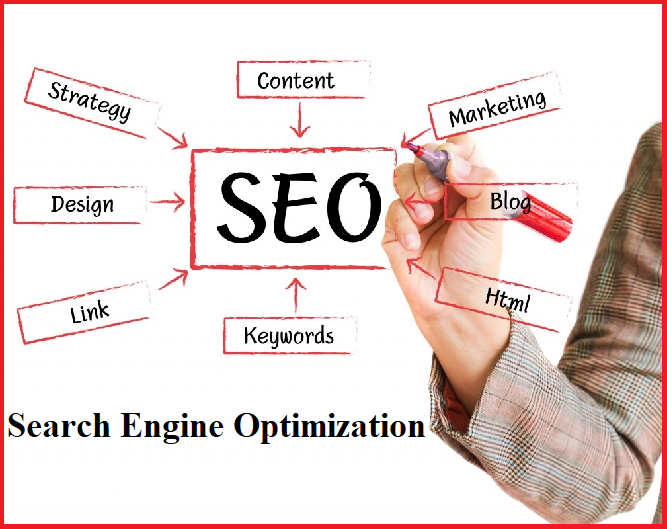
One important aspect of SEO is keyword research. This involves identifying the words and phrases that people are using to search for products or services like yours. By incorporating these keywords into your website copy, blog posts, and other content, you can increase your chances of ranking higher in SERPs.
This involves ensuring that your website is structured in a way that search engines can easily crawl and index. This includes things like optimizing your site speed, using descriptive URLs, and including alt tags on images.
Content Marketing
Content marketing is all about creating valuable, relevant, and consistent content to attract and retain a clearly defined audience. This can include blog posts, videos, infographics, and more. The goal of content marketing is to build trust and credibility with your audience, and ultimately drive profitable customer action.
This involves writing articles for other websites in your industry, with a link back to your own site. This can help you reach a wider audience and build backlinks to your site, which can improve your SEO.
Conclusion
The evolution of digital marketing has been nothing short of remarkable. From the early days of banner ads and SEO to the rise of Pay Per Click (PPC) and AI, businesses have had to adapt and evolve to stay competitive in an ever-changing landscape.
Digital marketing is a constantly evolving field, but by understanding your audience, optimizing for search engines, and creating valuable content, you can build a strong foundation for success. By staying up-to-date with the latest trends and best practices, you can continue to refine your digital marketing strategy and grow your business in the modern age.

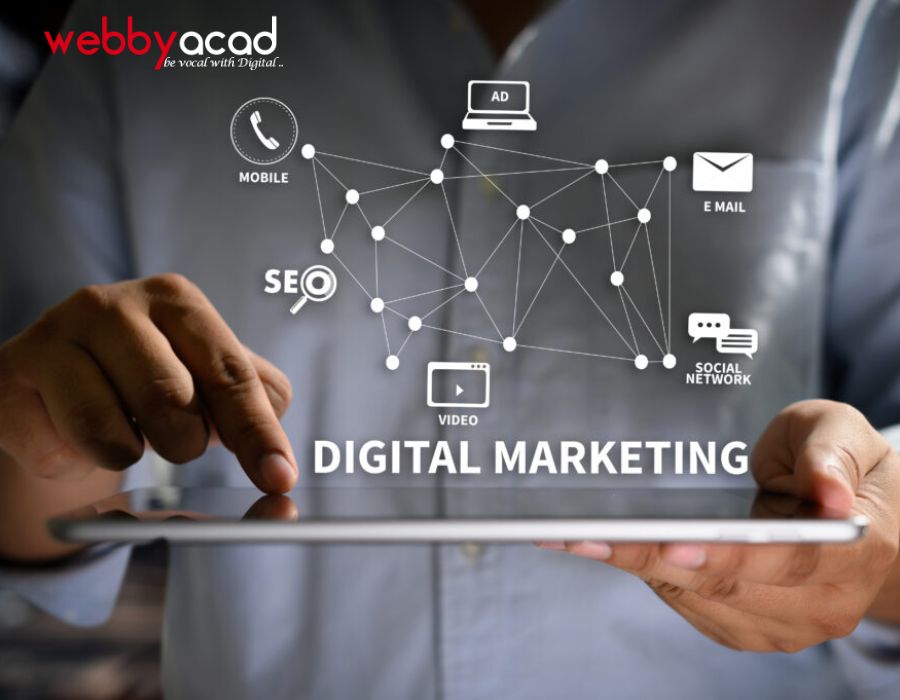
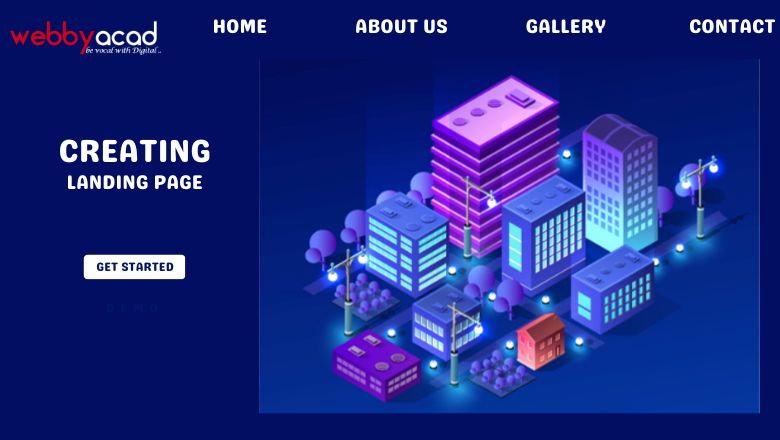
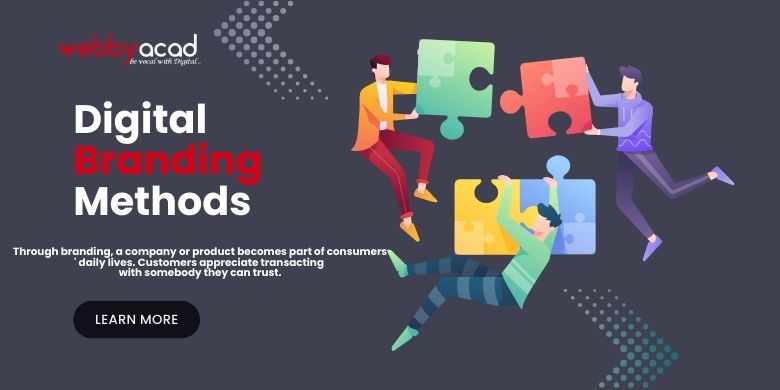

3 thoughts on “The Evolution of Digital Marketing: Strategies for the Modern Age”